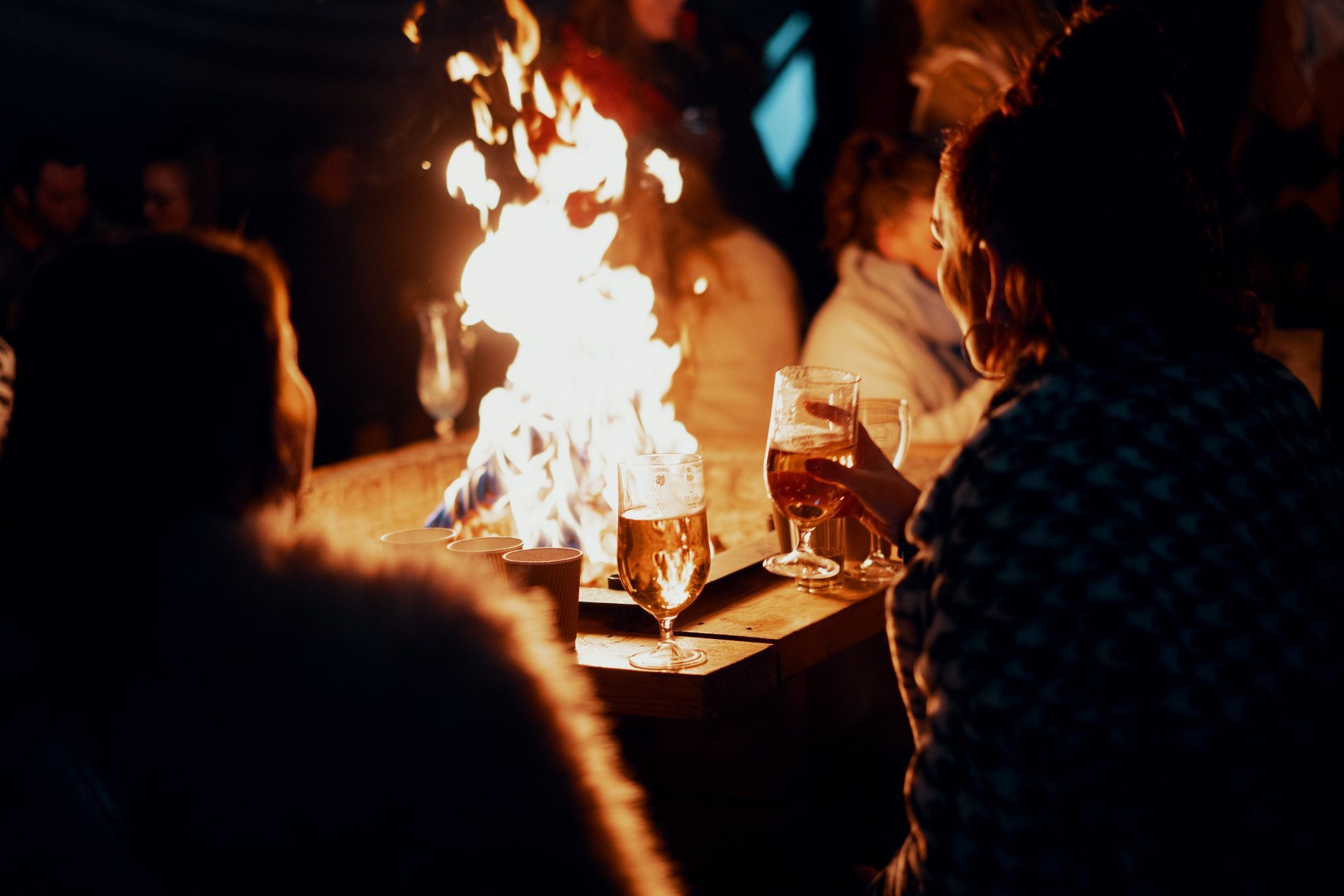
People, Places, and Things. Sometimes in treatment centers or 12-step groups we hear this phrase thrown around. It suggests that in order to recover from alcoholism or drug addiction, we must change every aspect of our lives—our close friendships, where we go, the things we do. This is an interesting idea, and we certainly do need to change—or outright transform—large swathes of our lives. However, for many of us with chronic alcoholism or addiction issues, simply switching out people, places, and things in our lives in order to sober up failed miserably. It often plays out as you’d expect: we up and move, trying new cities, new jobs, and cultivate new close friendships. Or we switch social groups, hobbies, and neighborhoods. But in a matter of time, if we haven’t done the real work required to change, we sooner or later end up with the same set of problems, despite the different set of circumstances. That said, when we are genuinely trying to get well, and have entered treatment for our addiction, or gone to the rooms of AA or another program, there will be times when changing certain external things is necessary to our lasting sobriety.
This naturally brings up the question of our social circle. Are there any guidelines for understanding which close friendships should be let go? Do we have to say goodbye to everyone in our lives that still drinks and uses? The short answer for many is No.
This is by no means the last word on the subject, but here are some useful starting points:
Where Were We at Fault in our Close Friendships?
Many alcoholics or addicts walk into recovery with a handful of close friendships they can’t wait to drop. In lots of these cases, there is often more to the story. It can be useful to examine each one closely, with the help of a sponsor or trusted friend, and really get down to brass tacks. Certain relationships that we were quick to call “toxic” were really just deeply strained by the effects of our years of drinking or using. After some effort, we found out that many of these relationships were definitely salvageable. Working the 12 steps can have a miraculous effect on us and the people in our lives: we get clear on how our behavior may have contributed to each situation and clean up the past where necessary. We have a tool kit to turn around even the most tattered relationships.
Friends or Family Who Still Drink or Use
What about the people in our lives who still drink, use, or just behave badly? Are we putting our own recovery in jeopardy by exposing ourselves to them? What about the sister you adore who still drinks heavily? Individuals will need to decide each case for themselves, but we can find healthy ways to engage in close friendships with people who still drink or use. They may need our help someday, and by keeping friendly contact, we’ve shown there are no hard feelings and may have opened the door for them to seek help when they are ready. There are lots of ways to spend time with these types of people that don’t involve drinking or using, and don’t put undue pressure on the newly recovering person. Get creative—things like hiking, going out to breakfast, seeing live music in the park, walking the dog together or taking an art class are all good options.
When to Steer Clear
An important caveat: should the relationship that you are considering continuing to be one that has never existed apart from say, a drug house, then perhaps you might want to steer clear. Relationships where there is little common ground or good feeling apart from drinking and using can be a lot harder to keep while staying sober. These are often the types of situations that should be discussed with someone you trust, and often the best course of action is moving forward cautiously, if at all.
And Then There are New Friends
When we enter into recovery, no matter what the situation, we are gifted with an opportunity to make new and amazing connections. Most of us have found it essential to make friends with people who can walk the road with us, and share a common language. There will also be ample opportunities to connect with people outside of recovery. This is the start of having whole lives, that get bigger as we get well. Ultimately, letting go of the old can be painful, but it makes room for the new—including having better relationships than we would have dreamed of.
From more information about recovery, please visit our Article section for more content.